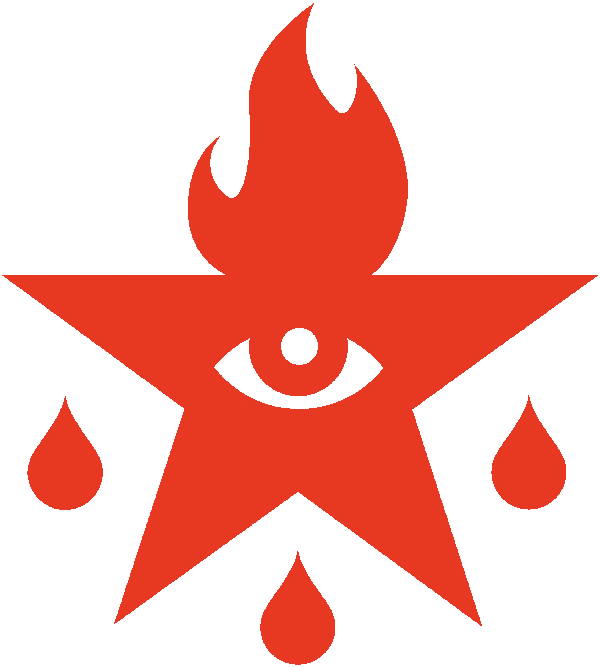In addition to vessels and other chymical equipment found in early alchemical manuscripts, one may also find many animals depicted. Among the creatures we find in such alchemical bestiaries the Dragon is perhaps particularly intriguing due to its fantastical nature. This dragon takes many forms; that of a serpent without legs, sometimes winged, even biting its own tail as in the namesake of Ouroboros Press. [click on the images for a larger view].
 |
| Sloane 1171, 2nd half of the 16th century |
Sloane 1171 in the British Library has very lively illustrations of dragons, one in particular takes on a shape familiar to that which appears in the
Ripley Scrolls. This twisted neck design perhaps influenced these other two-headed dragons to follow in the images below.
While doing research related to my work on the
Theatrum Chemicum Britannicum, I noticed that dragons were a theme which arose several times in the engravings accompanying the text. Indeed there are no less than 5 dragons in Elias Ashmole's important collection of English alchemical texts.
 |
| Harley 2407, second half of the 15th century |
 |
| Vaughan. Theatrum Chemicum Britannicum 1652 |
 |
| Harley 2407, second half of the 15th century |
 |
| Vaughan. Theatrum Chemicum Britannicum 1652 |
Originally these manuscripts were collected by Elias Ashmole who sought to preserve the alchemical lore therein by publishing the material in the
Theatrum Chemicum Britannicum. In doing this he did a great service to posterity and as the engravings he commissioned by Robert Vaughan show, he did it elegantly. It is in this spirit that Ouroboros Press seeks to manifest its next publication which is a corrected edition of the
Theatrum Chemicum Britannicum. The new edition will feature two important improvements. The first of these improvements is that by utilizing the original errata information provided by Ashmole, we were able to correct the errors in the original edition according to his intentions. Second, and this is integral to effecting the first, the entire text will be typeset in a classic typeface which may easily be read by contemporary audiences.
Labels: Alchemy, Emblemata, Hermeticism, Ouroboros Press, Symbolism, Theatrum Chemicum Britannicum, western esoteric tradition














<< Home